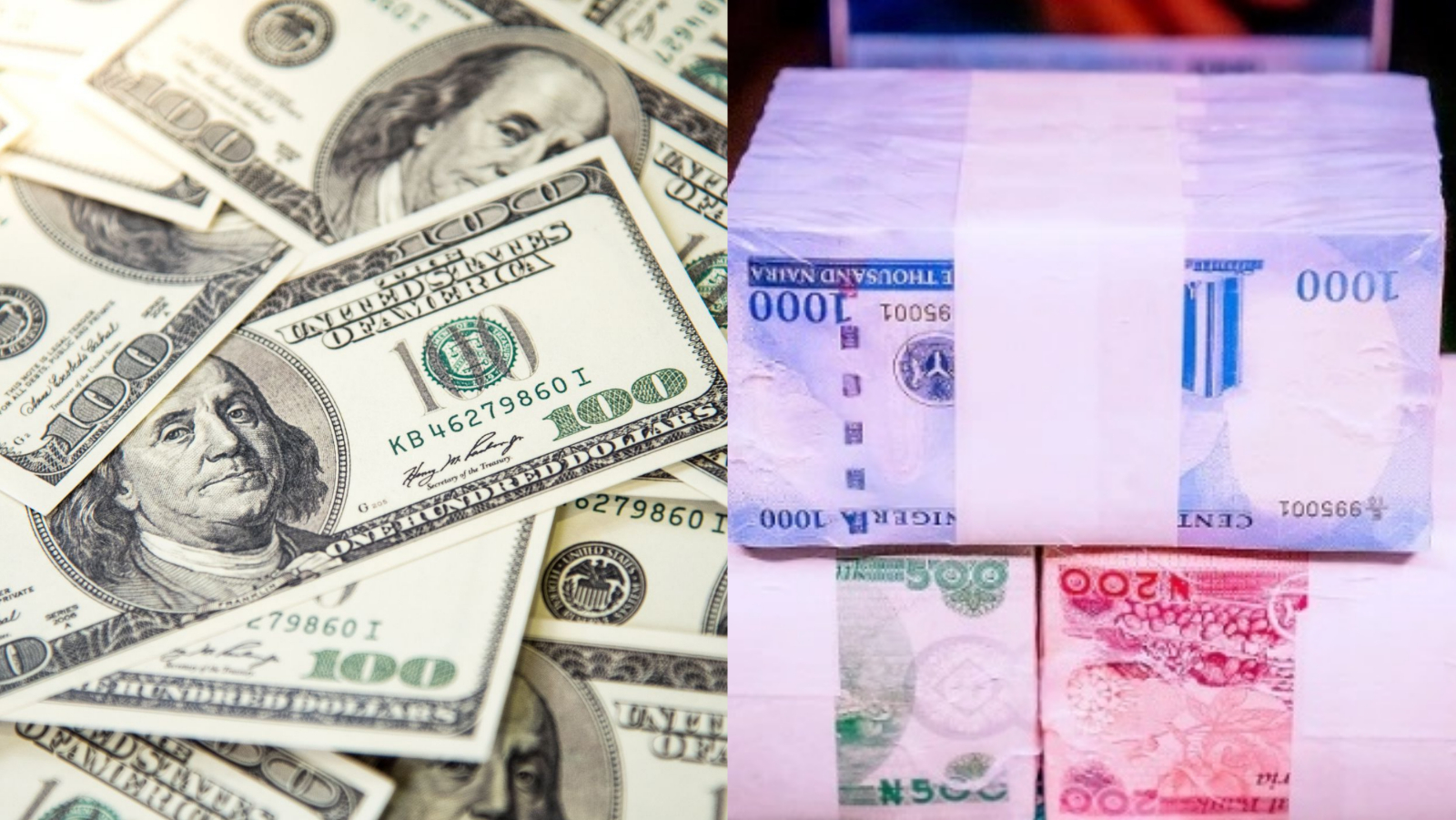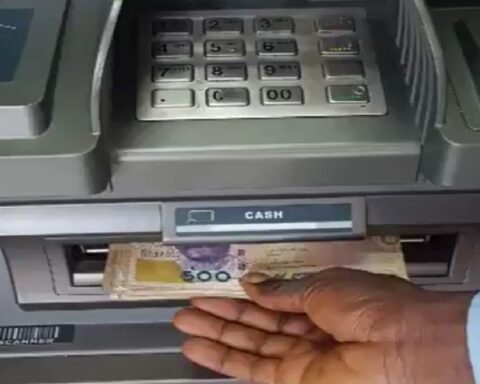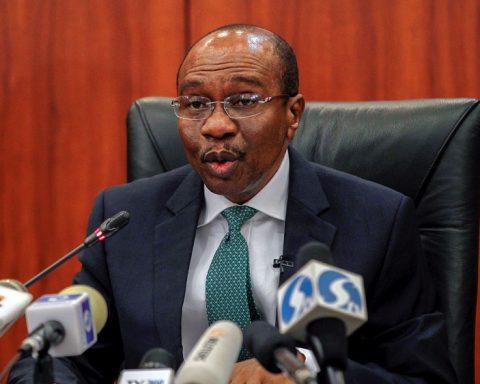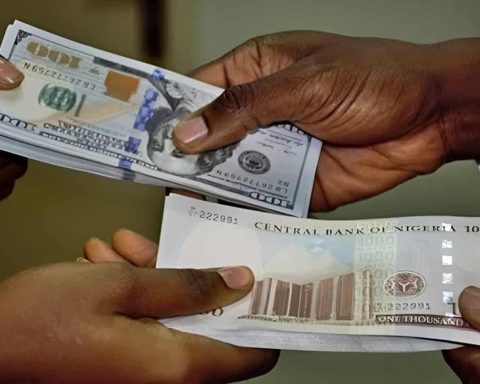The drop in market prices of some food items is just a fading echo from activities of frustrated cash-hungry Nigerians fighting for survival in response to CBN’s currency and FX crises amid a new naira policy implementation.
This sums up the feedback on Prime Business Africa’s Wednesday morning report on claim by CBN’s Godwin Emefiele that food prices in Abuja markets have dropped in response to the naira reissue and withdrawal limits policy.
Join our WhatsApp ChannelA number of Prime Business Africa’s audience in response to the report, disagreed with Emefiele and expressed strong belief that whatever drop in food price at this time would be a direct consequence of frustration on the part of Nigerians who slash prices to get immediate cash from buyers.
Deposit Money Banks (DMBs) have shown, in recent weeks, that they lack cash to meet customer demands due to scarcity of new naira notes in banking halls and automated teller machines (ATMs).
“I am not sure this is any positive for the CBN policy…it’s undue hardship on people…very poorly implemented policy with obvious colouration of political undertone,” says Lagos-based Economist and Financial Analyst, Abiola Razaq, as he reacts to the CBN’s claim on drop in food prices in Suleja and other Abuja markets as a result of the naira policy.
“The informal sector, Razaq argues, “is almost grounded on the back of this policy and I expect this to reflect in the 2023 Q1 GDP numbers.
What Razaq is saying about Nigeria’s currency and FX crises:
“As good as the policy may be, monetary policy implementation should be objectively implemented, with due attention to the impact on the people…policies are to work for people not people working for policies.
“We have an FX market crisis and we are creating another currency market where people now have to use Naira (in bank accounts) to buy cash at 20% – 30% discount. It’s unfair on the masses and people often think of cities like Port Harcourt, Abuja, Lagos and Kano, with little or no knowledge of what people in the upcountry towns are facing.
“Some of them had to travel 30km – 40km to get a bank to deposit the old notes and now they are stranded. They don’t even have telco network infrastructure for electronic payments, yet we are forcing cashless policies down their throat as if it is their fault that they don’t have the infrastructure that supports such payment system.
“When we talk of currency in and out of the banking system, we make so much issue out of it, as if money policy transmission mechanism in Nigeria actually works effectively. It’s almost non-existent. After the last hike in monetary policy rate, the discount rate on treasury bills fell, what sort of policy transmission mechanism – an inverse correlation or what?
“We have negative real rates across board, considering current inflation rate level and it’s not a problem to have negative real rates if the policy is towards a purpose, but we seem to have a disjointed policy bucket. How many Nigerians have loans and how does monetary policy shape the currency in the banking system that policy measures are being used to unduly suffer people in disguise of trying to strengthen monetary policy transmission mechanism?
“I agree the cost of printing/minting notes is unduly expensive and we should continue to deepen electronic payment but why muddle Naira redesign with cashless policy without recognition to the realities of infrastructure and other economics undermining electronic payment penetration in the country.
“Even United Kingdom, with higher population density, very high electronic payment penetration as well as literate and fewer population transited from paper notes to polymer over an 18-month window. So, why the rush for Nigeria, where banking and electronic payment penetration are pretty low?
The first polymer notes, being the £20 bill first hit the public in February 2020 and both paper and polymer note, including the £50 Bill which hit the system in June 2021 were simultaneously used until September 2022, when the Bank of England cut off the acceptance of the paper notes as legal tender – that is a simultaneous use of old and new notes for over 30 months and that is despite the Bank of England having made several announcements to inform the public to gradually wind down inventory of old notes ahead of release of the £20 new bill in February 2020.
“That’s a system with just about one third of Nigeria’s population, implementing policy in a way that works for people and not a policy implementation that does not seem to show interest in the impact on the people and economy, rather just about personal records or interest.
“We should be having policies to ameliorate the suffering of the people not creating more hardship through a combination of currency and FX crises.”
READ ALSO: Why Naira Scarcity, Queues – CBN’s Emefiele Briefs Diplomatic Community
READ: Updated: Supreme Court Suspends Old Naira Deadline, Favours Northern States















